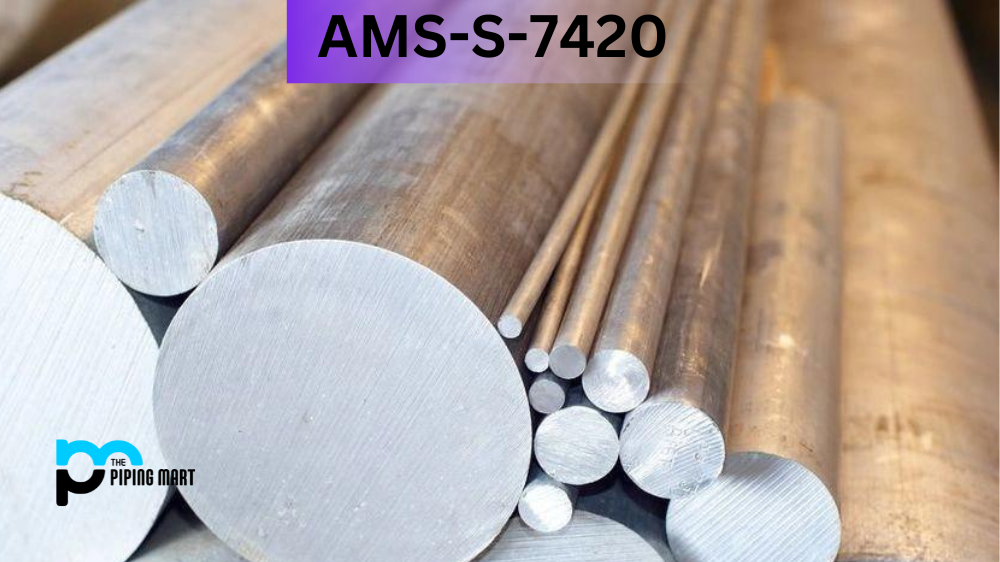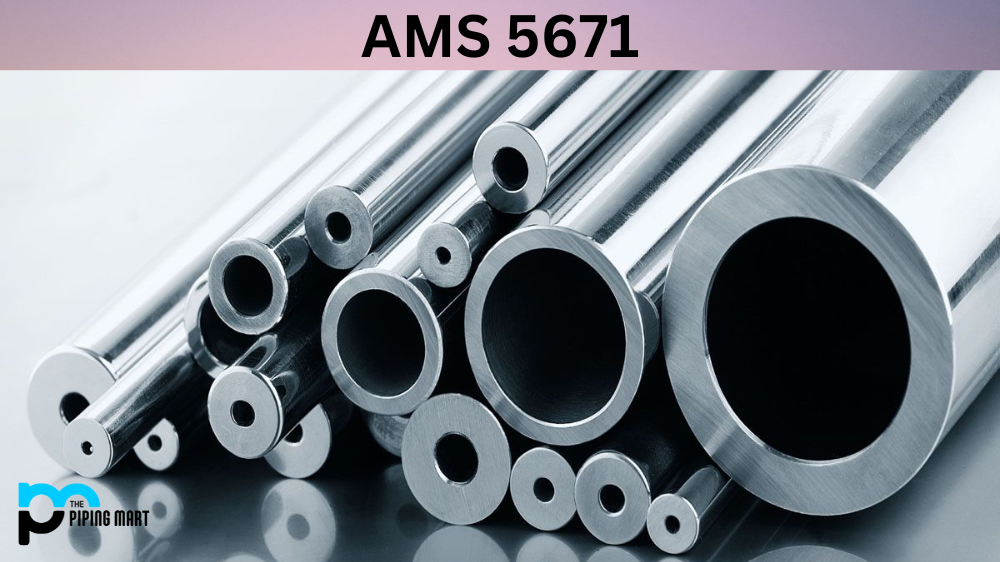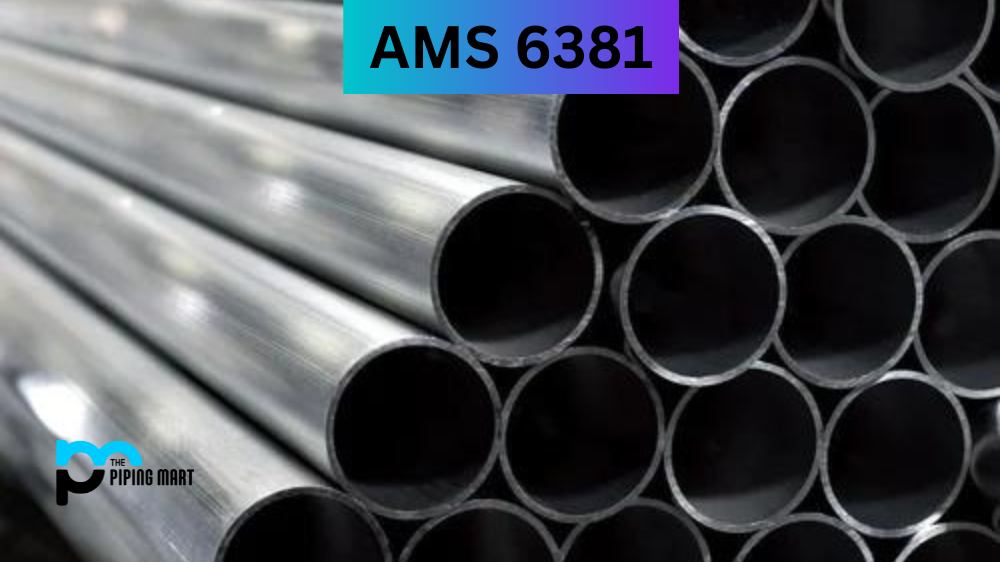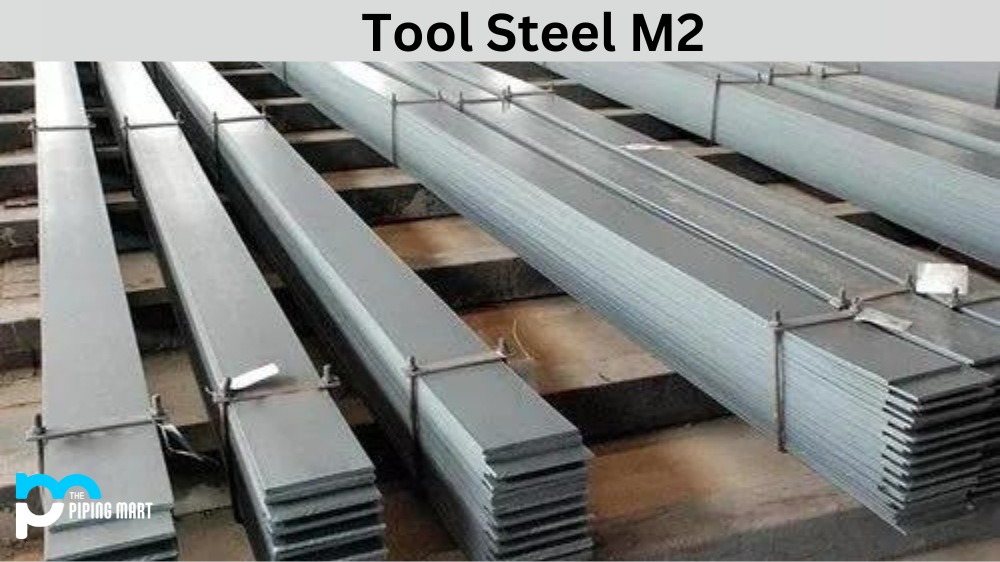Aircraft and space vehicles have a lot of specifications that need to be met to ensure durability, endurance, and stability. The Aerospace Material Specification (AMS) is a set of guidelines and technical requirements that materials used in aerospace manufacturing must adhere to. One of the most important among the AMS specifications is AMS-S-7420. In this blog post, we’ll go through what AMS-S-7420 is, its composition, physical and mechanical properties, uses, as well as its hardness and heat treatment.
What is AMS-S-7420?
AMS-S-7420 is a term that might be unfamiliar to many of us, but for those in the aerospace industry, it’s a crucial set of standards that must be followed. In simple terms, it’s a document that outlines the minimum requirements for manufacturing, testing, and packaging sealants used in aircraft. The Aerospace Material Specification Committee sets these requirements, covering everything from properly mixing the sealant to the conditions under which it can be used. While it might seem like a minor detail, adhering to these standards is essential for ensuring the safety and integrity of our planes. So, the next time you’re flying the friendly skies, you can rest assured that the sealants used on your aircraft are up to par, thanks to the rigorous standards outlined in AMS-S-7420.
AMS-S-7420 Composition
AMS-S-7420 is a martensitic stainless steel with high corrosion resistance and strength. It has a minimum carbon content of 0.15%, a maximum of 0.28%, and a maximum of 0.75% manganese. In addition, it has a maximum of 0.04% phosphorus and a maximum of 0.03% sulfur. It also has 11-13% chromium, 0.8-1.2% nickel, and 1.0-1.5% molybdenum. The rest of the composition is iron and trace amounts of other elements.
AMS-S-7420 Physical Properties
Regarding physical properties, AMS-S-7420 has a density of 7.85 g/cm3. Its melting point is around 1400-1450°C, and its boiling point is around 2600°C. The specific heat capacity of AMS-S-7420 is 460 J/kg °C. The thermal conductivity of this material is quite low at 24 W/mK. This low thermal conductivity makes the material suitable for high-temperature applications as it offers better insulation.
AMS-S-7420 Mechanical Properties
AMS-S-7420 has an impressive yield strength of 140 ksi or 965 MPa, a tensile strength of 155 ksi or 1069 MPa, and an elongation of 5.5%. Due to these mechanical properties, AMS-S-7420 can withstand high-stress situations, making it an ideal material for aerospace and automotive components.
AMS-S-7420 Uses
AMS-S-7420 is widely used in manufacturing aircraft engine components such as turbine blades, fasteners, and pump and valve applications. Due to its strength and corrosion resistance can also be used in chemical and marine industrial applications.
AMS-S-7420 Hardness
AMS-S-7420 has a Rockwell hardness of C31 – C39, which is quite high. The high hardness ensures the material can withstand wear and tear, making it suitable for extreme environmental conditions.
AMS-S-7420 Heat Treatment
AMS-S-7420 is heat-treatable in several ways. The material can be annealed at 1038-1121°C for up to 30 minutes, quenched in oil from these temperatures, and then tempered at 593-650°C for 4 hours to obtain maximum properties.
Conclusion:
AMS-S-7420 is an exceptional material with unique properties and specifications that make it ideal for aerospace applications. Its strength, corrosion resistance, and wear resistance suit extreme environmental conditions. Engineers and designers can evaluate if it suits their next aerospace project by knowing the composition, physical and mechanical properties, uses, and heat treatment of AMS-S-7420.

A passionate metal industry expert and blogger. With over 5 years of experience in the field, Palak brings a wealth of knowledge and insight to her writing. Whether discussing the latest trends in the metal industry or sharing tips, she is dedicated to helping others succeed in the metal industry.




